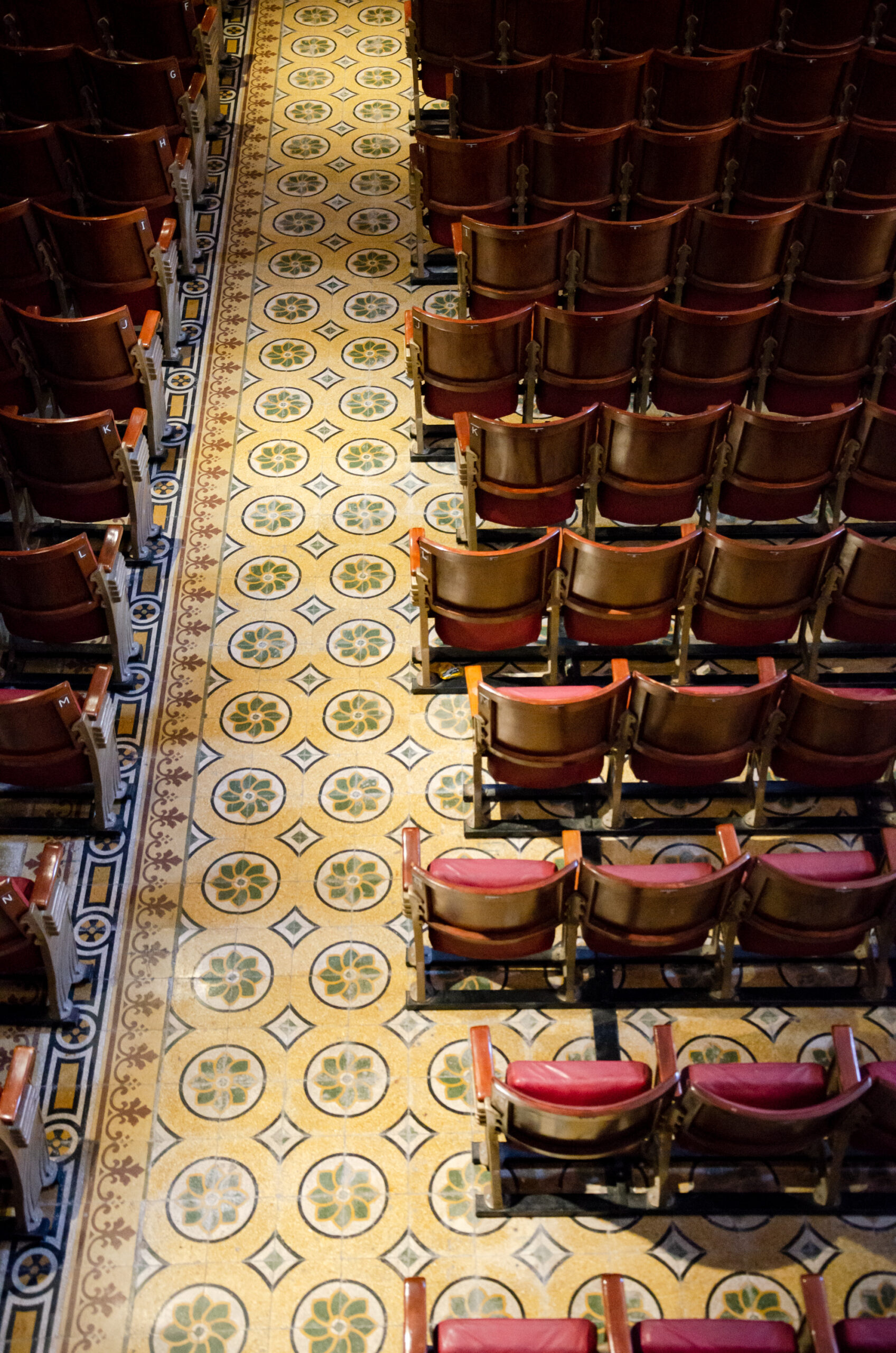Facing pandemic-imposed challenges head-on, Teatru Salesjan teamed up with UNHCR and JRS Malta for a series of workshops aimed at helping asylum-seeker women from West Africa ease into Maltese society, and boost their confidence prior to braving the job market
Displacement from one’s home country can happen for any number of reasons. And while refugees and asylum-seekers do have immediate logistical concerns, true integration can only be made possible when a person’s social and professional needs are also addressed.
It is in this spirit that the community theatre Teatru Salesjan approached a recent round of workshops, inviting eight women from West Africa to participate in interactive – though fully online – sessions whose aim was to improve their personal skills and increase cultural awareness of their new surroundings, all the while preparing them for the job market. As one of the participants of the sessions herself clearly articulates, the sessions certainly filled a very necessary gap.
“It was an opportunity to do away with the mental block a lot of us face when it comes to employment,” Nadine, one of the workshop participants, said. “I think it helped us to believe we can do better. It also created a sense of community between us participants – we would sit together after the training to go through the materials that were shared with us.”
Breaking the ice
Organised in collaboration with UNHCR Malta last December – with crucial support from JRS – the project fulfills a long-standing desire for Teatru Salesjan’s creative team.
“We have been trying to work with the migrant community for quite some time now, and when we formed this partnership with UNHCR Malta it finally started to take on a more concrete form,” Teatru Salesjan’s Programme Consultant Rosetta Debattista says. The initiative gained additional momentum after dancer Julienne Schembri officially joined the Teatru Salesjan team in the role of Community Coordinator.
She talks about how the team’s initial encounter with the participants helped to inform their approach to the workshops in the long haul, being a mix of pre-planned and improvised sessions whose key priority was to respond to some of the main communication-based barriers that the participants had to contend with in their day-to-day reality.
“That first meeting was quite expressive and ‘chaotic’! It was only in our second hour that we finally got down to brass tacks and start discussing what the actual sessions would have entailed,” Schembri recounts. “But this was positive: they responded enthusiastically and sensed that we were authentic in our intentions, which helped to establish that mutual trust.”


Education as empowerment
As described by the project’s facilitator, fellow dancer Deborah Falzon, the sessions took the employment scenario as their key point of focus, though the team remained flexible to change throughout.
“Employment cannot be taken in isolation. We wanted the women to gain more confidence and a sense of self-sufficiency, to feel empowered through a psychoeducational approach.”
Ranging from more general sessions on intrapersonal skills and intercultural awareness to those focusing specifically on the employment scenario – with a job interview simulation session being central to the experience, and, as it turned out, a favourite among participants – Falzon says that taken together, the sessions endeavored to encourage “active participation”.
Describing the six-day round of session as ‘intensive’, Falzon said that the ultimate aim was to give participants a solid foundation of skills that would help them break into the world of work. But she is also keen to stress the importance of creating a ‘safe space’ during the sessions. “We wanted to make sure that the trust they placed in us would be rewarded.”
Pandemic challenges… and opportunities
Not to say that the sessions did not require an added bit of attention and effort to run smoothly – but thankfully, the main challenges were limited to the understandable logistical concerns that crop up in the midst of ‘pandemic living’.
“The online element was new to the participants in many ways, so going the extra mile to accommodate them was crucial,” UNHCR Malta’s cultural mediator Asma Labidi said.
“That’s why we opened the session 15 minutes early,” Labidi says, adding that creating that casual buffer of time before the sessions began allowed for more casual relationships to form. “At UNHCR, we are used to organising such events on a face-to-face basis, so we felt it was important to create as natural an atmosphere as possible during these online sessions.”
As such, the real problems are also the most mundane – like scarce or lackluster accessibility to a workable internet connection – which will land more impactfully on the lives of refugees and asylum-seekers with limited access on mobility in this regard (and many others). “You could notice them losing concentration once their connection started to play up, and for understandable reasons…”
But going fully online did have some benefits. “We got to share lots of music! I discovered so many great African musicians thanks to these sessions,” Schembri says with a smile. “It sort of made up for all the other inconveniences and discomforts of the online experience – the fact that we can just share whatever we love so easily did add something special,” she adds.
Discovering crucial cultural blind spots
The efforts did not go unappreciated by the participants; most of whom, like Nadine, found the sessions to be an invigorating wake-up call and a reminder that they are not alone in their search for dignity and stability on the island.
“I found job interview sessions particularly useful and illuminating,” Vera, another participant, says, adding that she also appreciated the insights into cultural competency and sensitivity which came along with them. “For example, I learned that in Malta it is actually expected of you to look at your boss in the eye while speaking to them – this was useful to me because I did not know it before.”
Schembri also latches on to that particular observation, describing it as being “quite revealing”. “That tiny detail contains so many cultural implications within it. Just imagine not being privy to that cultural knowledge, both in terms of the workplace and outside of it…”
From empowerment to leadership?
The eye-contact example also served as a reminder of how body language can be just as, if not more, important as verbal communication. In fact, both Schembri and Debattista agree that a performance-based initiative like Teatru Salesjan is arguably perfectly placed to provide well-researched and body-sensitive training when it comes to physical self-expression.
In fact, Debattista hopes that the workshops will serve as active springboards for the women to “become leaders themselves”.
“We have hopefully provided them with some fundamental skills, and we hope that we could reach a stage where we could actually start devising work together, in collaboration with them,” Debattista says, stressing that these initiatives could and could not be directly related to dance and theatrical performance.
Whatever future initiatives lie ahead, they will certainly be built on a solid precedent set by Teatru Salesjan, build on a bedrock of mutual solidarity by women across various geographical and cultural borders.
Share on Facebook Share on Twitter